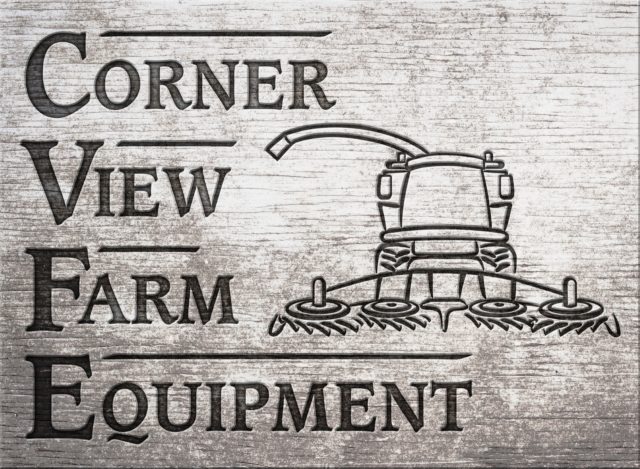This issue contains an interesting interview with a dairy producer who is also actively involved in politics. He and others made a few headlines after passing new state legislation in May. Attention soon died away, but I think it will be back again.
Utah state legislator and dairyman Bill Wright has opened a discussion on the issue of immigration reform with the federal government. He’s set the timer for the government to give his state a waiver from current federal immigration law – or it will go forward implementing its own guest worker program and take on the government in court. ( Click here to read more.)
Wright received support for the bill from service-oriented businesses, local chambers of commerce and other manufacturing businesses. The plan seems middle-of-the road to me.
However, as Wright and state-elected officials now take the discussion to the federal level, they are finding resistance to the new guest worker concept fromdefenders of “labor entitlements” and labor unions. These groups say that creating a guest worker program would rob Americans of U.S. jobs.
But I think unions see it as losing a significant number of potential jobs to “guests,” jobs for citizens that could someday be unionized.
This opposition is holding hostage the discussion about creating a national guest worker program.
What is a labor entitlement?
While there are benefits to unions, I have not been a fan of them. Unions at their core average the contributions of each participating employee in the group. I prefer to be judged on my own accomplishments, which may or may not be more noteworthy than another’s. In a union, no one stands out; everyone stands together.
They are politically effective because our nation’s governance is a republican democracy. We vote as individuals to be lumped into a group. (Think presidential elections and the electoral college.) The more members of a union, the more political power as a voting bloc.
The theory behind unions is that workers who stand together receive more as a group than they could have received if treated individually. Unions declare what the average member of the group is willing to do and how much he or she is willing to be compensated to do it.
Jobs that require hard work and specific, long-tenured training lend themselves to the creation of unions. Why? The employees believe that if enough trained workers walk off the job, strike or were fired altogether, the business cost in downtime and retraining to fill their vacated positions with qualified workers would be too steep. The easier recourse: Comply with requests from the currently employed group.
However, unions distort what runs businesses – yield and efficiency. This is the reason employers and employees are often at odds over unionization. Unions make the number of hours an employee spent training, certifying or earning tenure more important than what the employee produced.
But training, certification and tenure do not guarantee success, nor should they guarantee a job – productivity should.
Defend the right to work
The dairy industry has been a target for unionization in the past. The work is not easy, the hours are not short, and the process to train a new employee is not quick.
Moreover, the next shift of milkers will be needed in a few hours, because cows don’t go on strike. Just because dairy unions haven’t been successful yet, doesn’t mean ag union supporters have given up hope they can still be created.
For many years, a bill that would make unionizing much easier in California has been passed by the state’s legislature, but vetoed by the governor. The card check bill and its supporters are in action again in the Golden State this year and were recently successful in passing the legislation in the Senate again.
It’s now on to the California Assembly for debate. Some believe California’s new governor may finally permit it to be signed into law, although he has not yet commented on the issue.
If unions intend to block guest worker programs as part of immigration reform in an effort to preserve new, but in my opinion poor, hunting ground for unionizing, the dairy industry should be forming alliances with other business leaders who value the right to work. This will increase the chance for political success to secure a stable workforce. PD

-
Walt Cooley
- Editor-in-chief
- Progressive Dairyman
- Email Walt Cooley





